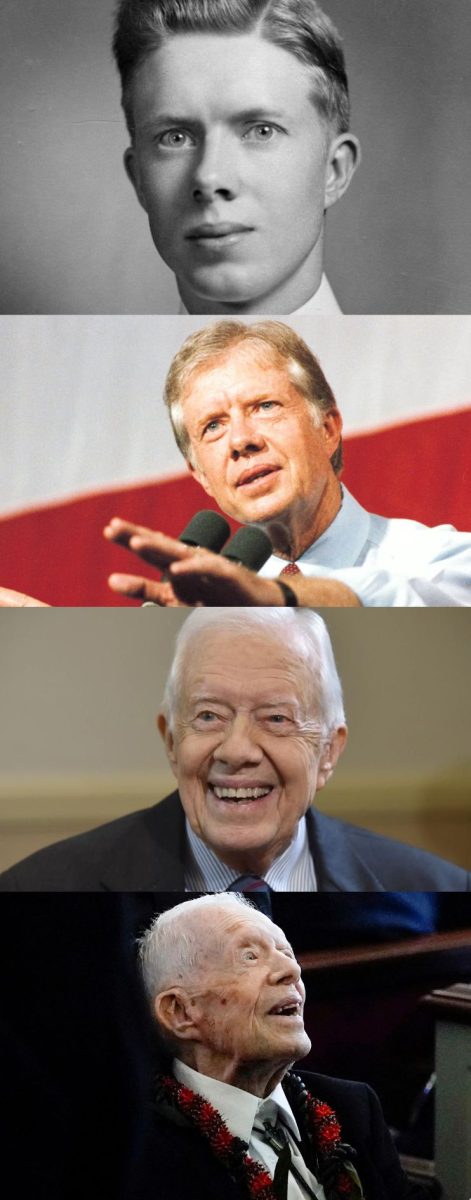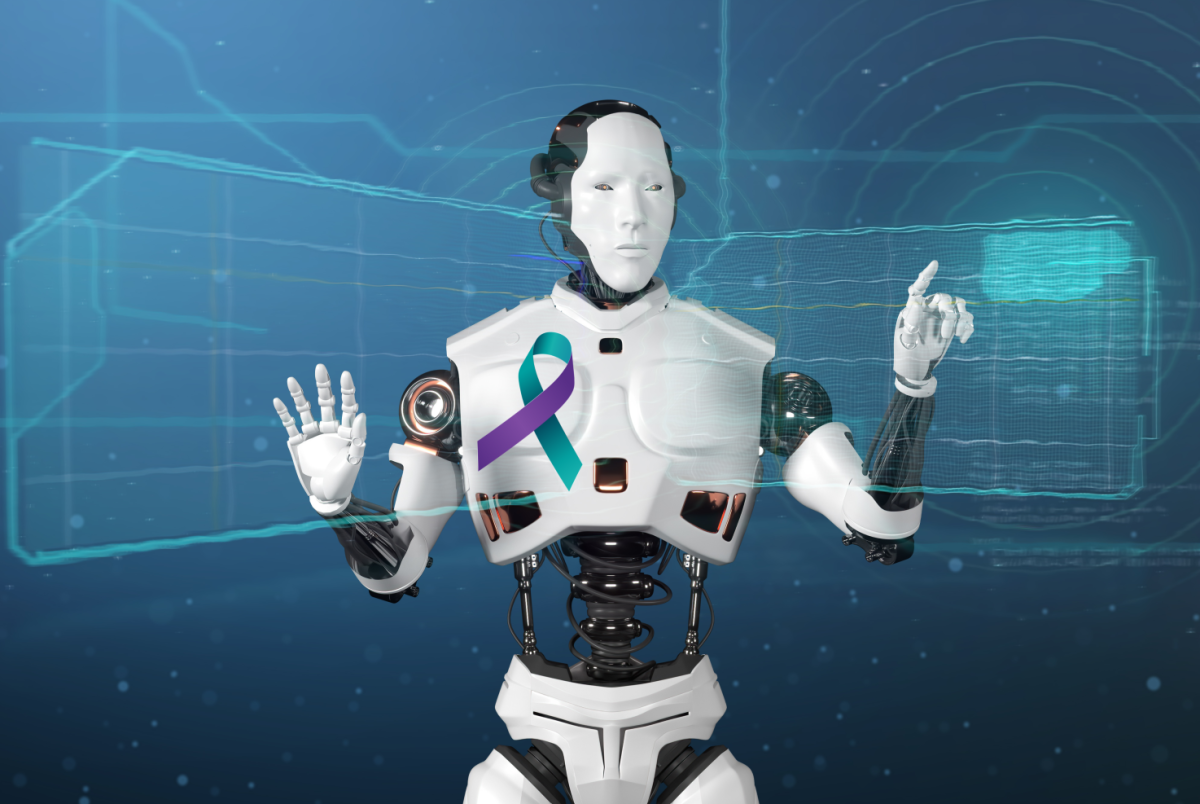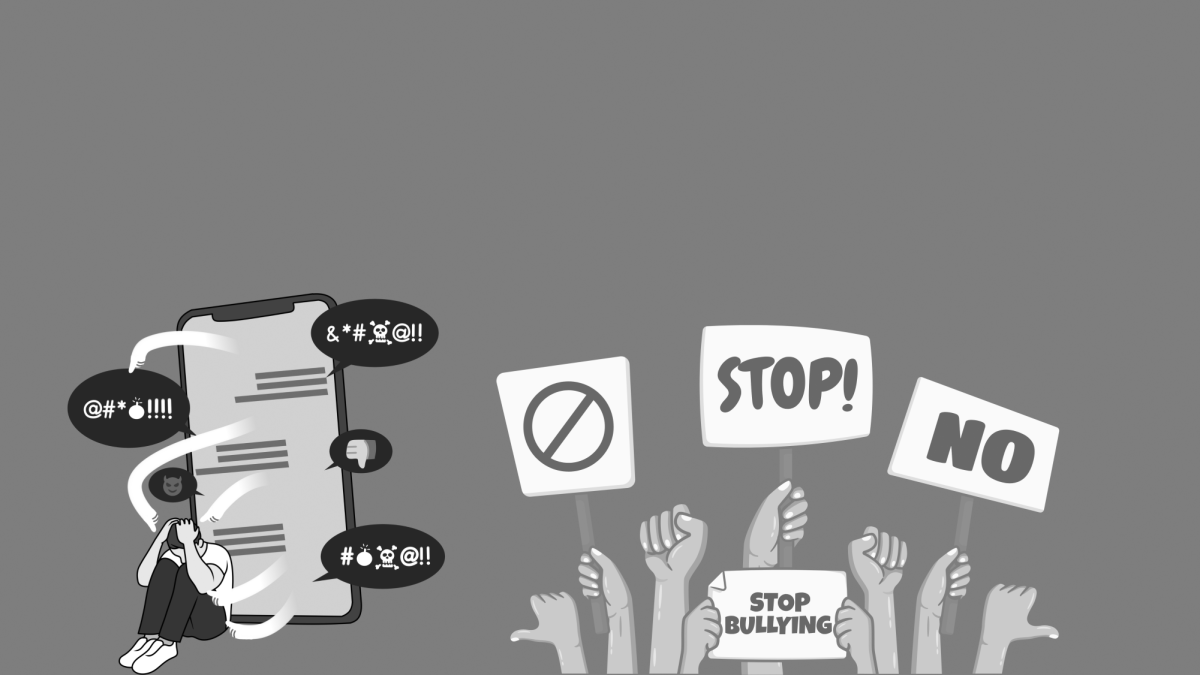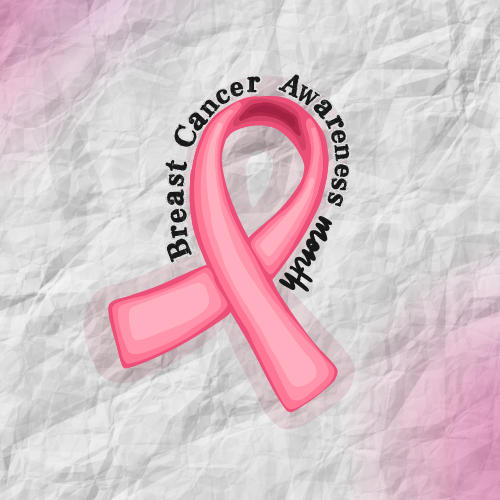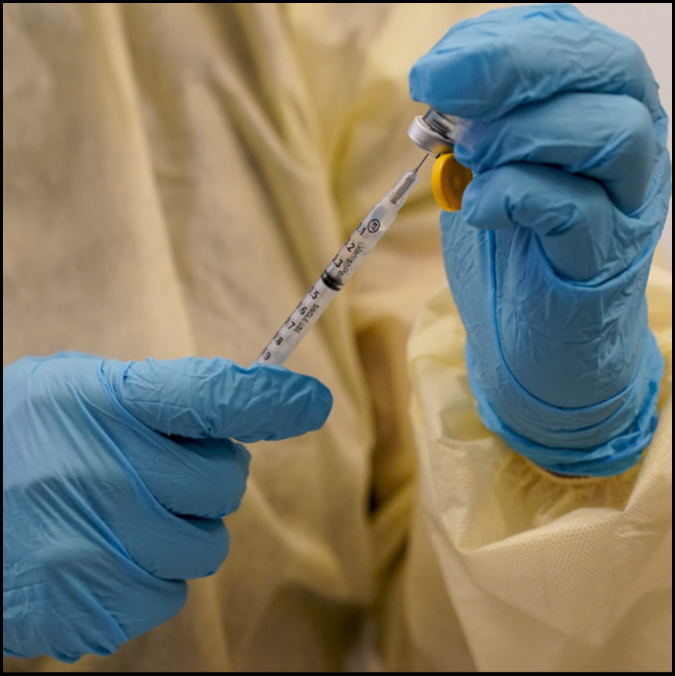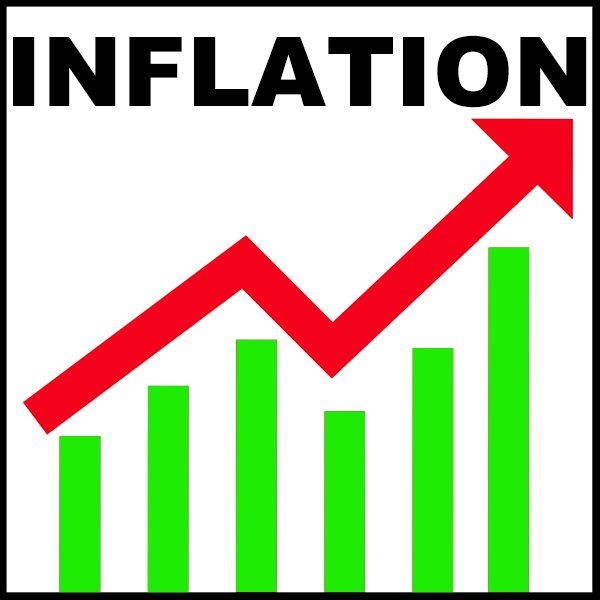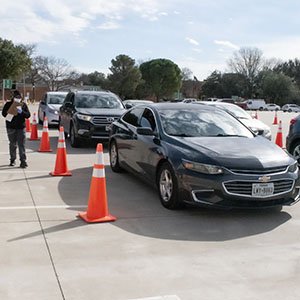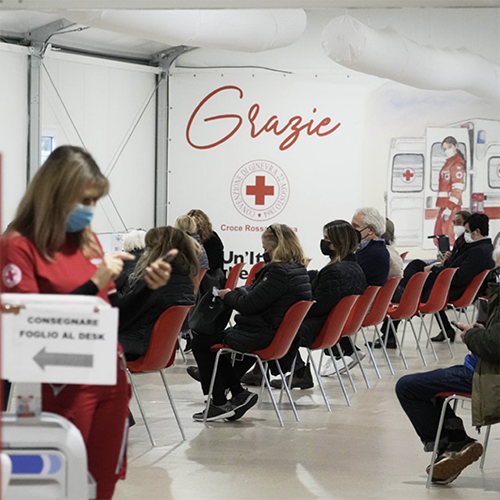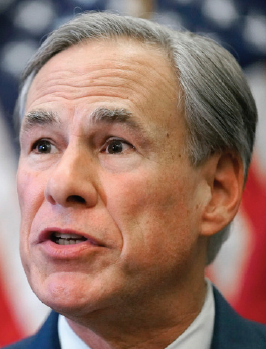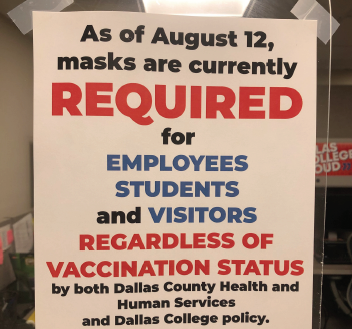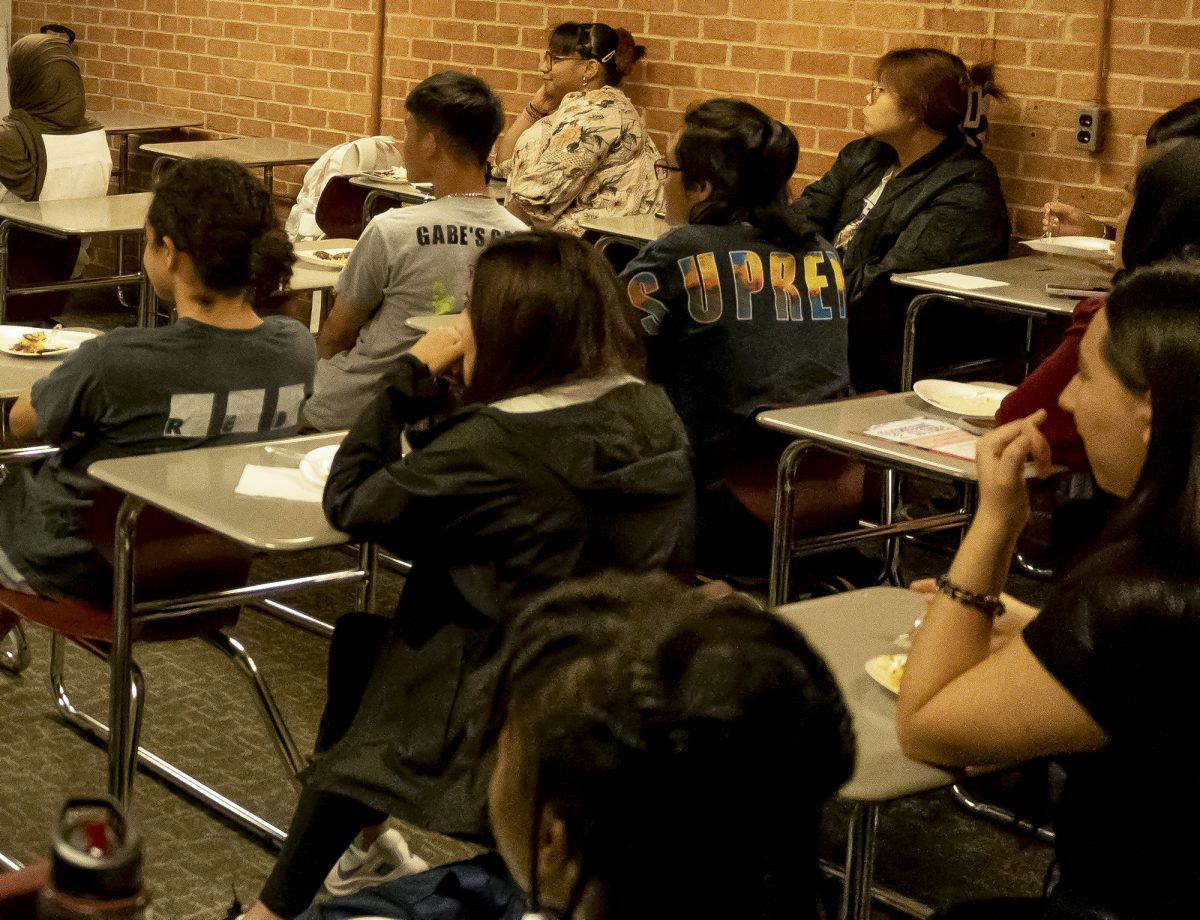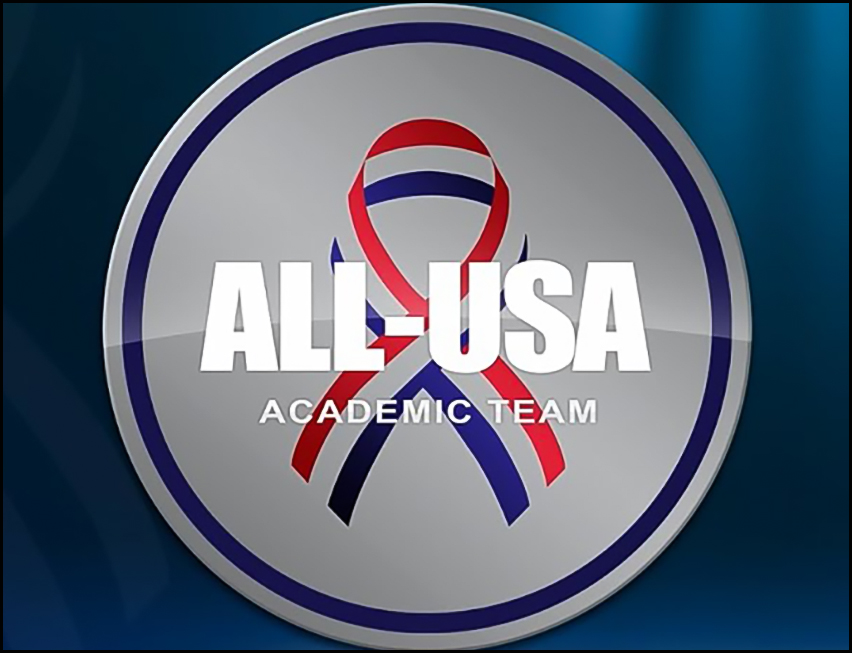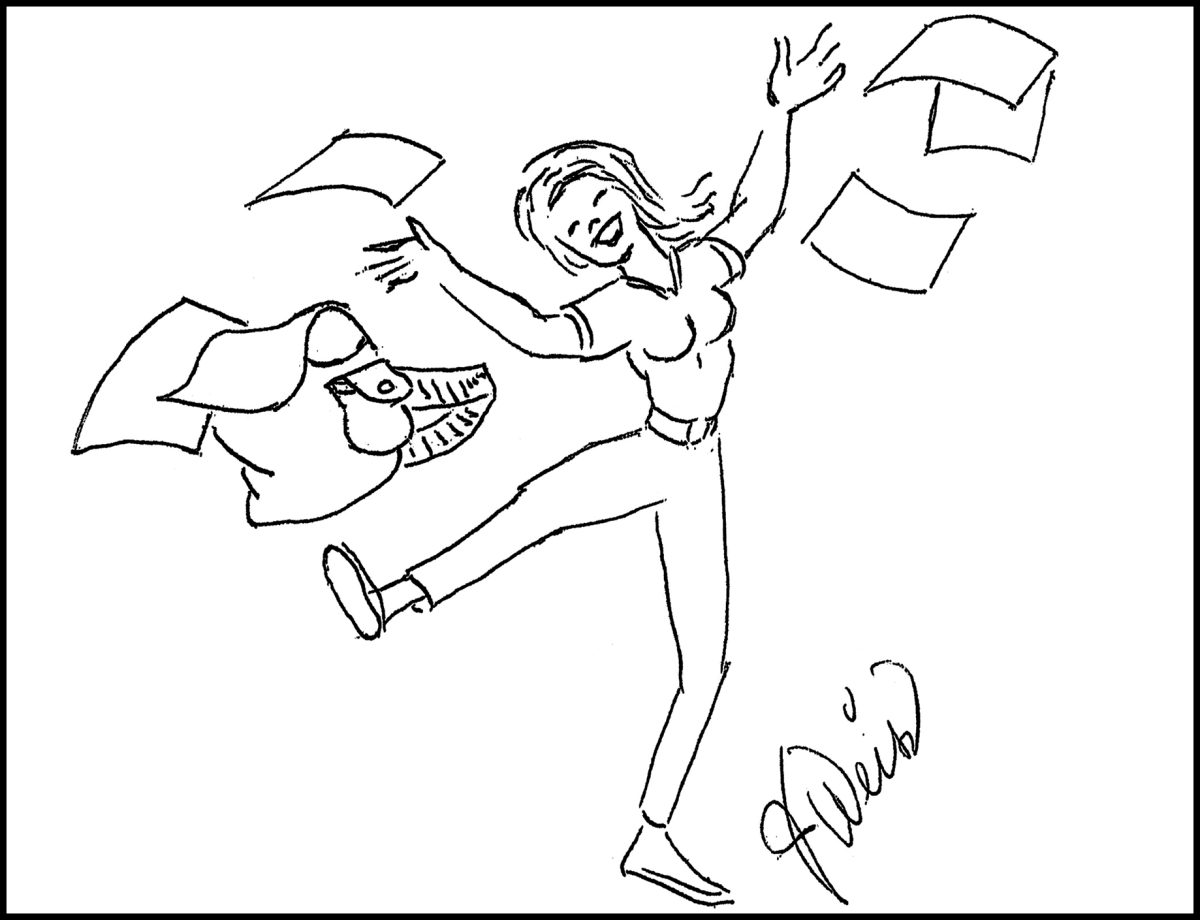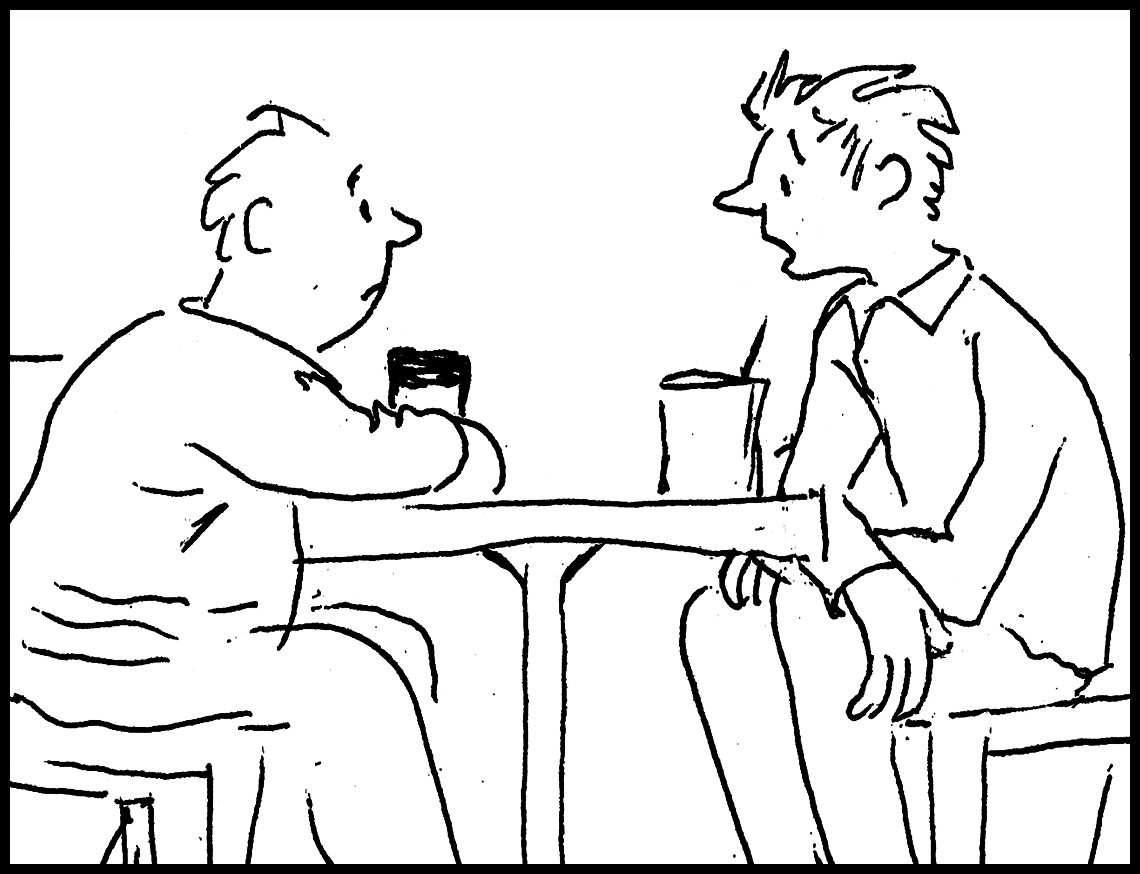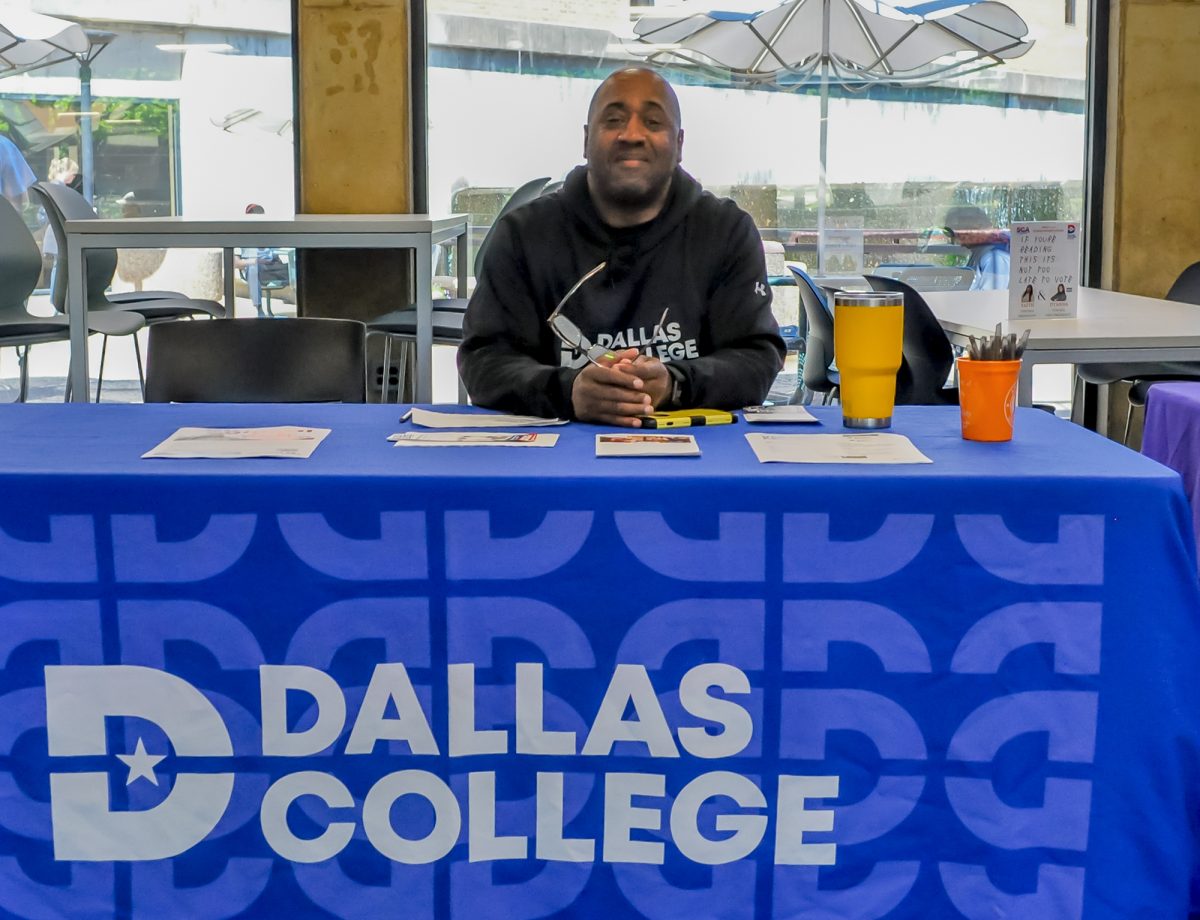Staff Photo Illustration Angela Ly
Managing Editor – Angela Ly
The past 12 months have gone beyond pandemic fatigue. For Texas residents, it’s in addition to recovering from an unlikely winter storm in February. For Dallasites, it’s the culmination of abnormal weather, including last year’s tornado, from which some residents still haven’t recovered. For our fellow students, it’s been about the transition to “One College.”
The hasty transition from five colleges to Dallas College meant students doubling up on books they’ve already received in prior classes or not knowing the estimated time of arrival for supplies and materials. It also meant departments getting downsized or positions (for both faculty and students) getting cut altogether.
Like many campuses, faculty and students at Richland had to adjust to their new virtual landscape mid-semester in the spring of 2020 after spending spring break in lockdown. Work and school spaces have blurred and sleep schedules have been turned upside down, with many of us struggling to establish our working and waking hours. Receiving email at 1 a.m. is acceptable, so is waking up at 1 p.m.
The daily news cycle has also been an added shock to our systems between gun violence, hate crimes, butting political parties and evolving COVID-19 variants. The world continues to unfold as most of us are hunkered down at home and Dallas College students are feeling the weight of the pandemic and an immense sense of helplessness.
“It breaks my heart to see how much hate and resistance there has been in the south, with hate crimes, protests against safety precautions, and this massive rift that gets deeper and deeper between conservatives and liberals,” said Dallas College student Michelle Henderson.
Other students mentioned losing their jobs or fearing future job prospects. Some referenced cabin fever building up over the past year. Almost all yearn for in-person shared social experiences.
“My life before was a whole lot safer and better compared to how it is right now. After this unexpected or unwanted virus has unfortunately developed, my life feels more unsafe and also boring. It feels like that because my family and I are unable to see any other of our friends or family members to have family or friends parties or gatherings, especially for any vacations,” said Sam Gorospe, a Dallas College student majoring in animation.
“This past year, my family has done everything virtually,” said Dallas College student Kristen Fleming. “I have not hung out with my friends in over a year now. I have lost all of my social experiences. We have been in complete lockdown mode for the entire last year. This is because I have several family members in my household who are extremely high risk, and they would die if they caught COVID.”
But there’s also been some upsides. Quarantine has opened doors to remote learning, which many students preferred: class in bed, in the midst of making a meal or even when you’re on the go. The occasional Zoom mishap served as much-needed comic relief from dense conversations or lectures.
Some found solace in restoring or strengthening their faith, having an understanding that the pandemic is, to some extent, out of their control. Others used the time for introspection and self-improvement, putting themselves first as to not burn out from the cyclical, mundane life of quarantining at home.
“Although I have lost all of my social experiences, I have also gained more time to focus on school, the Lord and myself,” said Fleming. “I think the United States has also learned to do things differently. People can now visit their doctor through their smartphone or computer, virtual church, zoom calls for everything, and curbside pickup for almost every store.”
“Mental health has been a very large topic over the last year. I’m happy to see people working on themselves, and beginning to understand that mental health is just as important as physical health,” Henderson said.
We’ve been able to support local businesses, attend virtual events we used to attend in person, revisit old goals or hobbies and, at the very least, find new approaches to problem solving. Personally, I soaked up the sun biking at local parks and dabbled in watercolor painting. I met a Holocaust survivor over Zoom and no longer complete assignments in bed. From vaccine rollout to recall, some have found comfort and a sense of ease after getting their vaccination while others have reservations about taking it altogether. Comfort can be found in this slower pace of life, reconnecting with old friends or enjoying the ample time we spend with those who share our households. For others, perhaps it was the return of sports that brought them some glee.
After all, life continues. Places reopen, at least in Texas and a few other states. Regardless of where your comfort lies, I’d like to think the pandemic is the thread that binds us together, reminding us that despite adversity, humanity can and will prevail.


